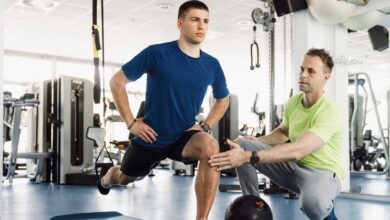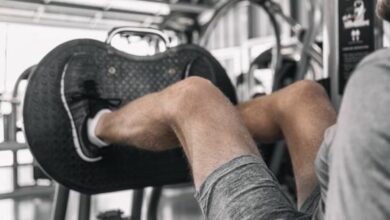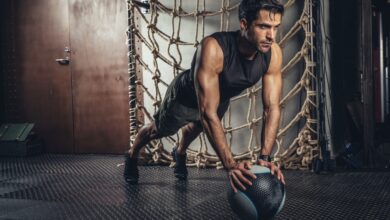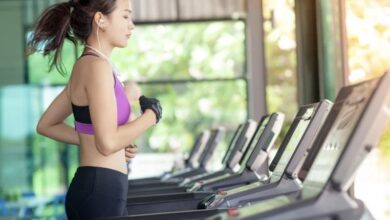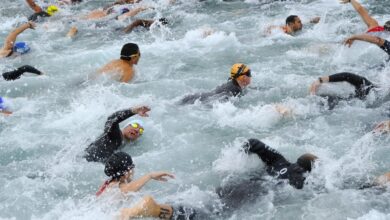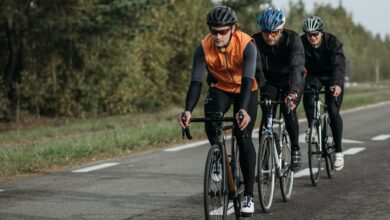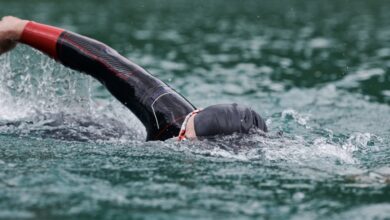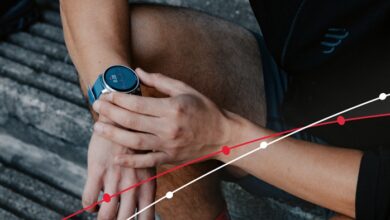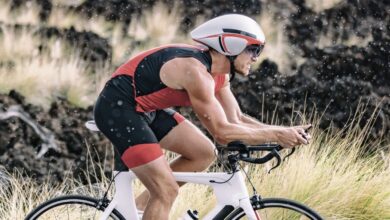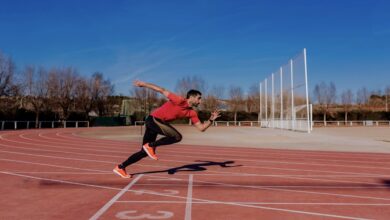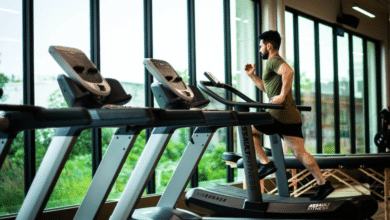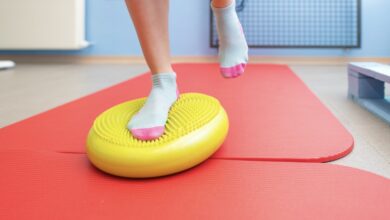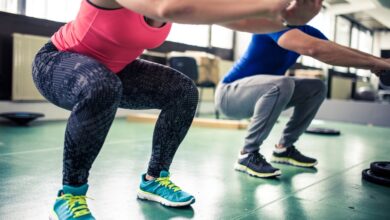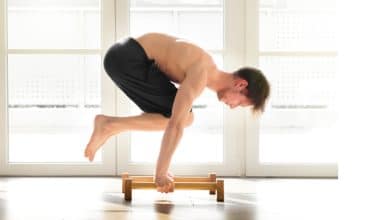10 Tips for running in the heat
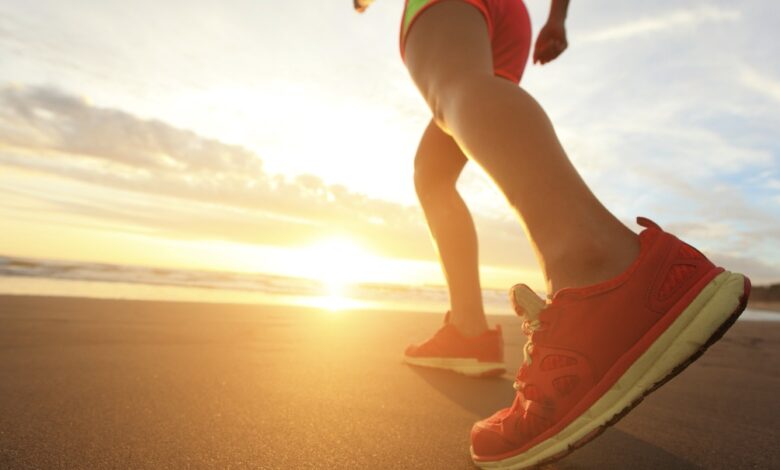
Summer is here and with it comes high temperatures and heat waves. If you're a runner who doesn't like to skip a workout, chances are you run into high temperatures in your workouts.
Running in the heat can be challenging for both your performance and your health. In this article, we'll provide you with some tips to help you run in the heat safely and effectively.
How does heat affect our body during exercise?
Our body temperature at rest is around 37°C. When we exercise, the demand for energy increases, causing us to burn glucose to fuel our muscles.
However, this process is quite inefficient, since only 40% of food metabolism is used to produce ATP (adenosine triphosphate, which our cells use to contract muscle). The rest escapes as heat.
When it is hot outside, the increased ambient temperature, solar radiation and humidity can raise our body temperature above 40°C. This not only results in fatigue, but can also lead to heat stroke and heat exhaustion.
Therefore, it is essential to have a dedicated strategy for the heat, not only for your performance, but also for your health.
The importance of acclimatization
A large body of research has shown that healthy adults who are exposed to conditions that raise their body temperature by 1°C to 2°C for 60 to 90 minutes over a period of four to ten days subsequently have a resting body temperature lower blood pressure, increased blood plasma volume, and increased sweat rate, all favorable adaptations for exercise in the heat.
Ten tips for running well in hot conditions
Choose the right time of day
If possible, try to run early in the morning or late at night when temperatures are cooler. Avoid running between 10 am and 4 pm, which is when the sun is at its highest and temperatures are the hottest.
Use sunscreen
Be sure to apply a broad-spectrum sunscreen with an SPF of at least 30 to all exposed areas of your skin. This will protect you from sunburn, which can increase your body temperature and make it harder for your body to cool down.
Wear light and breathable clothing
Opt for clothing made from technical fabrics that are designed to wick sweat away from your skin and help keep you dry and comfortable.
Maintain good hydration
Drink water before, during and after your run to keep your body hydrated. You can also consider a sports drink that contains electrolytes to replace the minerals you lose through sweat.
Listen to your body
If you feel dizzy, lightheaded, or have muscle cramps during your run, these may be signs of heat exhaustion. Be sure to stop, seek shade, and drink water or a sports drink.
Wear a cap or visor
A cap or visor can help shield your face and head from the sun, which can help prevent heat exhaustion. Look for one that is made of breathable material and has a wide brim to provide maximum shade.
adapt your pace
When it's hot, you may need to adapt your pace to avoid overheating. Don't worry about trying to keep up your usual pace; instead, listen to your body and slow down if necessary.
Eat foods rich in water
Foods rich in water, such as fruits and vegetables, can help keep your body hydrated. Consider eating a fresh salad or piece of fruit before your run to help boost your hydration levels.
Avoid drinks with caffeine and alcohol
Both can dehydrate you, which is especially dangerous in hot weather. Instead, opt for water or sports drinks that contain electrolytes.
Cool down properly after running
After running in the heat, it's important to cool down your body properly. This can include stretching in a cool place, taking a cool shower, or drinking a cold drink.
This will not only help you feel more comfortable, but can also help prevent heat-related health problems.
Remember, running in the heat can be challenging, but with the proper preparation and following these tips, you can maintain your performance and protect your health.
There are no previous results.








